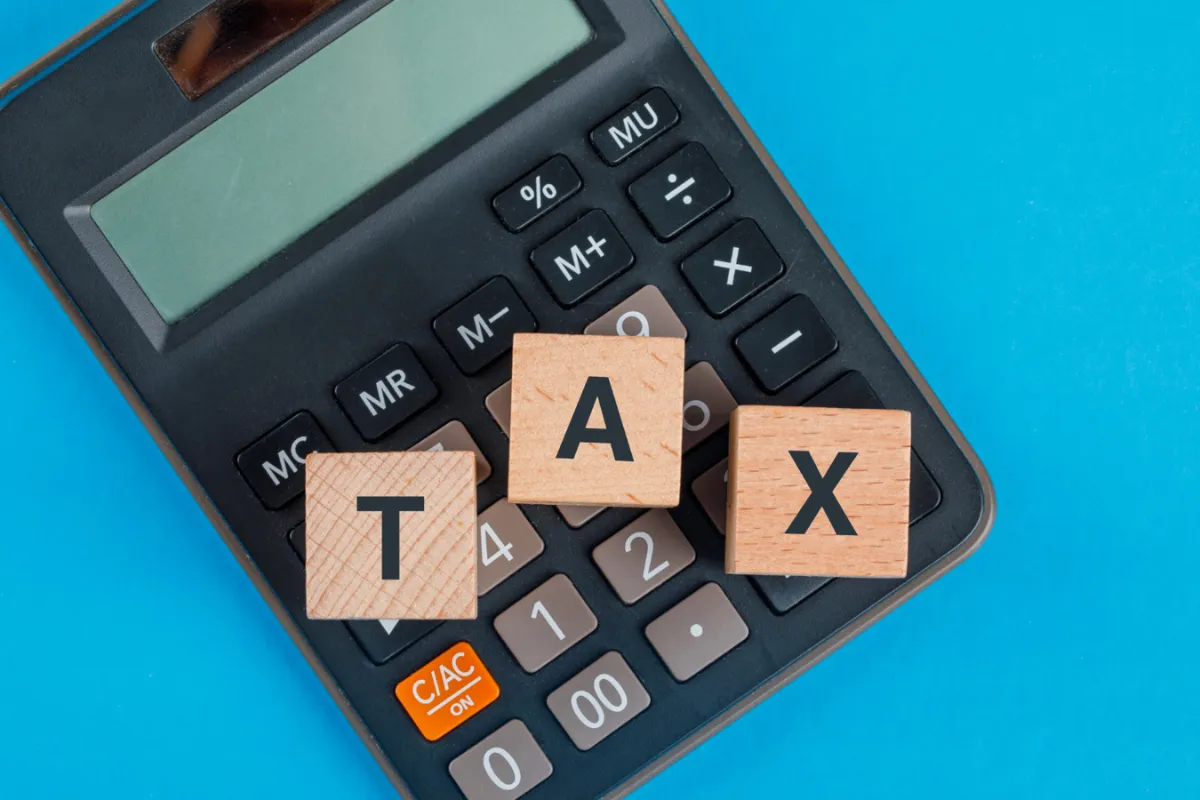Income Tax News: As the new financial year, FY 2024-25, kicks off today, it’s crucial for salaried individuals to be well-informed about the income tax rules that remain unchanged. Let’s delve into the essential guidelines to navigate through the tax landscape effectively.
Old vs. New Tax Regime
One of the crucial decisions salaried employees must make is whether to opt for the old or new tax regime. For tax deducted at source (TDS) on salary, you are required to communicate your preference to your employer. If no choice is made, the new tax regime will be applied by default.
Basic Exemption Limits
Age Matters The basic exemption limit, beyond which income becomes taxable, varies based on your age and the chosen tax regime. Under the new regime, income up to ₹3 lakh is exempt for all individuals. However, in the old regime, the limit differs:
DON'T MISS
- For individuals below 60 years: ₹2.5 lakh
- For senior citizens (60-80 years): ₹3 lakh
- For super senior citizens (above 80 years): ₹5 lakh
Zero Tax Payable
Both tax regimes offer tax rebates that can potentially make your tax liability zero. The new regime provides a higher rebate of up to ₹25,000, making incomes up to ₹7 lakh tax-free. In contrast, the old regime offers a rebate of up to ₹12,500, exempting incomes up to ₹5 lakh from taxation.
Deductions and Exemptions
The old tax regime offers a wider array of deductions and exemptions compared to the new regime. This includes deductions under Sections 80C, 80D, and 80CCD(1B) for investments, insurance premiums, and NPS contributions, respectively. Additionally, you can claim deductions for home loan interest, education loan interest, and donations, along with exemptions for house rent allowance (HRA) and leave travel allowance (LTA).
The new tax regime, on the other hand, provides a standard deduction of ₹50,000 from salary and pension income, and Section 80CCD(2) deduction for employer’s NPS contributions. Family pensioners can claim a standard deduction of ₹15,000.
Timely ITR Filing for Old Regime Benefits
If you plan to opt for the old tax regime when filing your income tax return (ITR), ensure you meet the July 31 deadline. Failing to do so will result in your tax liability being calculated under the new regime by default, even if you file a belated return later.
Surcharge Rates
High-income earners opting for the new tax regime stand to benefit from a reduced surcharge rate, dropping from 37% to 25% for incomes exceeding Rs 5 crore. Conversely, sticking to the old regime would mean being subject to a surcharge rate of 37%.
